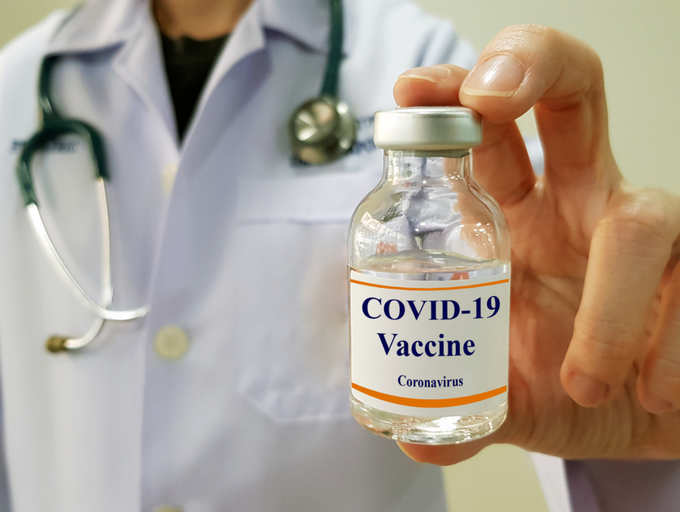Coronavirus vaccine: Oxford-Astrazeneca COVID-19 vaccine is winning praises, but here's why we should refrain from building false hopes
Publise by Himanshu Raj Date=25 July 2020
01/10Is it right to pin our hopes on Oxford COVID-19 vaccine?

The world over rejoiced when data from Oxford University-British Swedish firm AstraZeneca's phase I/II study of their novel COVID-19 vaccine was released a fortnight ago. The group was one of the first ones to kickstart clinical trials in late April, and ever since, a lot more developments have been taking place.
02/10Oxford-Astrazeneca's vaccine is undergoing phase III trials

While the vaccine is still undergoing phase III of its trials, preliminary results from the observatory data confirmed that the vaccine elicits a strong immune response in the host bodies and gave encouraging results. AstraZeneca also announced plans to speed up production to meet the promise of delivering a billion doses. However, not everybody's impressed. WHO, in its latest briefing praised the move but said that it still is unrealistic to have a vaccine deployed before early months of 2021.
03/10Is the vaccine safe to be deployed?

While we did have a lot of important takeaways from the data, there remain some broad safety concerns. Will we really have a vaccine ready before 2020?
04/10Can it provide immunity for long?

The data published in the scientific journal, The Lancet showed that participants who were administered a double dosage of the vaccine show strong immune response and spiked up production of antibodies to fight against the infection. However, it still remains unclear as to how long will the vaccine be able to provide immunity against the infection, with experts saying that coronavirus might remain here for decades to come. Earlier reports also pointed to evidence that the vaccine may only be able to provide immunity for a year's time. A separate study by King's College, London also observed that the level of antibodies may fall in patients temporarily immune to the infection.
05/10Can lab results be fully relied on?

Early-stage evidence may have shown encouraging results but there's one doubt which remains- lab results do not always correlate to real-world results. All the vaccines under development right now are new, and there's not a lot of evidence we know about the novel coronavirus. What may work in the lab may not actually work with a crowd of seven billion people. The vaccine is also not also one-size-fits-all. It may be possible that if the vaccine works for a small group, it might not work for everyone.
The same concerns were raised when researchers started pre-clinical studies on monkeys, exposing them to a higher load of viruses than humans would generally be.
06/10The scale of study is still bleak

The data has been inferred from phase I/II of the clinical trials, which involved a small pool of candidates, wherein half was administered the dosage and half were given a placebo drug. It is still far-fetched to think that a vaccine which was tested on a small batch of volunteers will work on everyone. The first phase of testing is done to root out safety and efficacy problems. The data made available right now is still minuscule to peg it ahead of other vaccines.

No comments:
Post a Comment